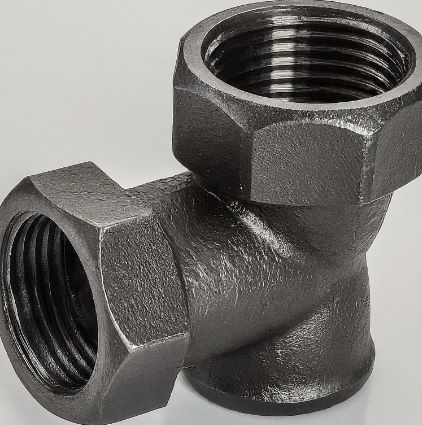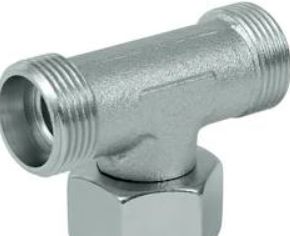Tee fittings, which enable the flow of fluids in several directions, are crucial parts of plumbing and piping systems. Two common types of tee fittings are the run tee and the branch tee. While they might appear similar at first glance, these fittings have distinct characteristics and applications.
In this comprehensive guide, we will delve into the differences between run tees and branch tees, exploring their construction, applications, and the factors to consider when choosing the right fitting for your project.
What is a Run Tee?
A run tee, also known as a straight tee or standard tee, is a T-shaped fitting with a continuous flow through its main run. The outlet, or branch, is perpendicular to this main line. This configuration makes run tees ideal for introducing a new line or branch off the primary pipe without interrupting the main flow. They are commonly used in plumbing systems for water supply or drainage, as well as in HVAC systems for ductwork.
What is a Branch Tee?
A branch tee, also referred to as a lateral tee or reducer tee, differs from a run tee in that its outlet is reduced in size and angled off the main line. This design allows for a gradual reduction in flow as it branches off. Branch tees are0 typically used to connect smaller pipes to a larger main line, making them common in water distribution systems and irrigation setups.
Run Tee vs Branch Tee: A Comparison Table
Here’s the detailed comparison between run tee and branch tee:
|
Feature |
Run Tee |
Branch Tee |
|
Outlet size |
Same as main line |
Smaller than main line |
|
Outlet angle |
Perpendicular |
Angled |
|
Primary use |
Introducing a new line |
Connecting smaller pipes |
|
Common applications |
Plumbing, HVAC |
Water distribution, irrigation |
Choosing the Right Tee Fitting
Selecting the correct tee fitting is crucial for the efficient and effective operation of your system. In order to choose wisely, take into account the following aspects:
➡️ Pipe size: Ensure the tee fitting matches the diameter of your pipes.
➡️ Flow requirements: Determine the desired flow rate in both the main line and the branch.
➡️ Pipe orientation: Consider the angle and direction of the pipes.
➡️ System purpose: Understand the specific function of the tee fitting within your system.
By carefully evaluating these aspects, you can select the tee fitting that best suits your project’s needs.
Conclusion
Both run tees and branch tees are essential components in various piping systems, but their distinct characteristics make them suitable for different applications. Understanding the key differences between these fittings is crucial for making informed decisions when designing or repairing your plumbing, HVAC, or other systems.
By selecting the appropriate tee fitting, you can ensure optimal performance and longevity of your system.
Post time: Aug-02-2024



